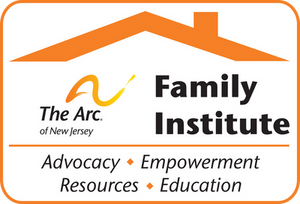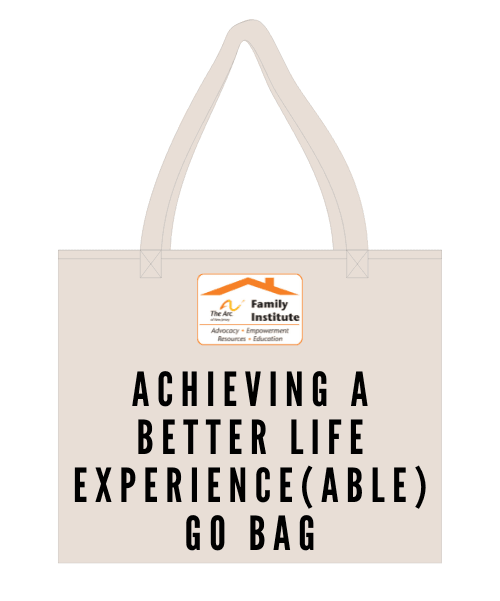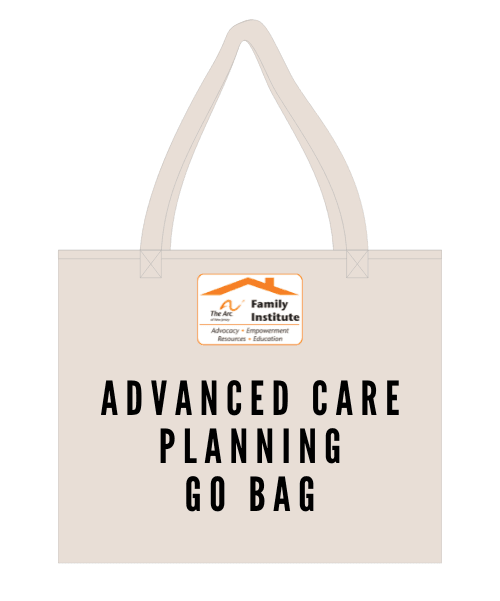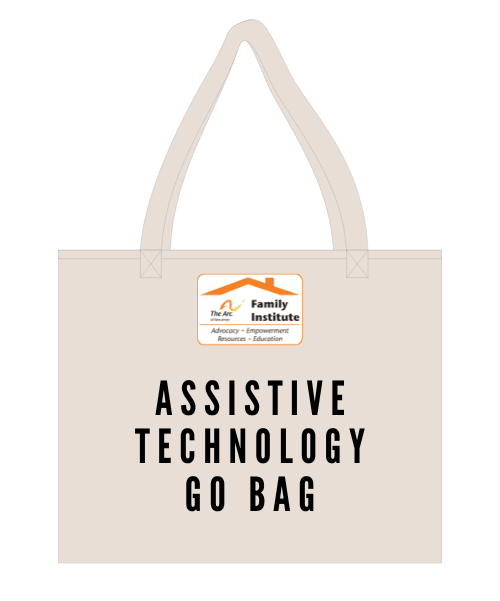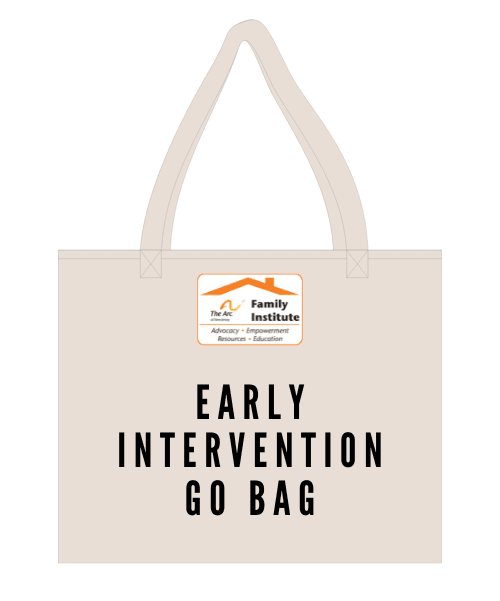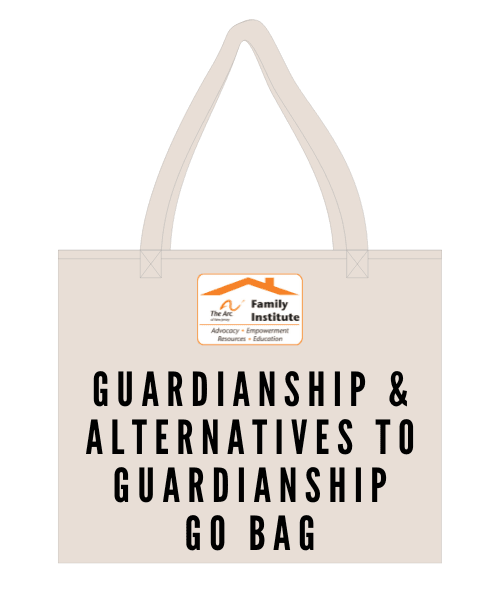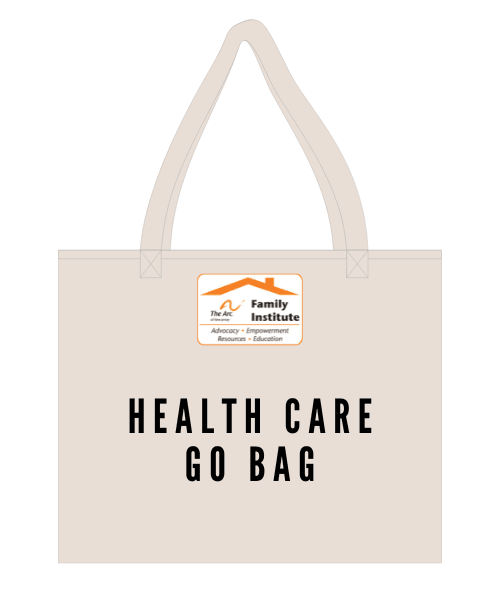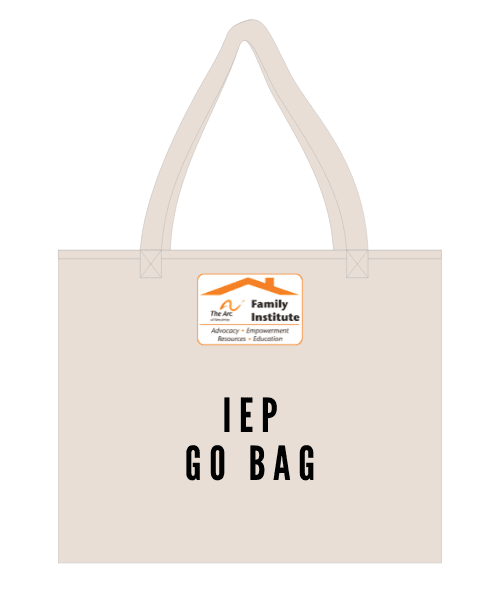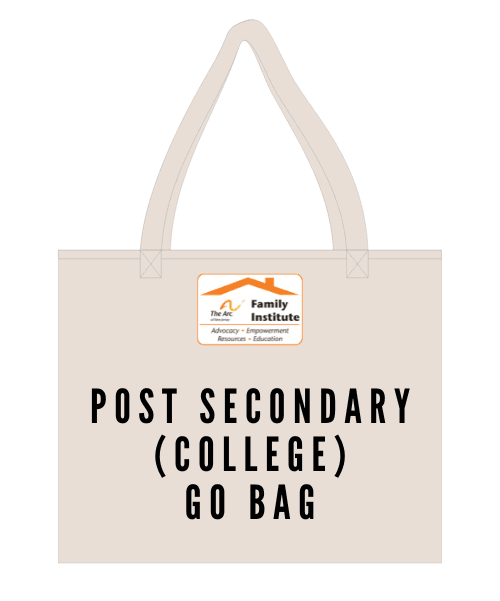What You Need When Looking for a Job
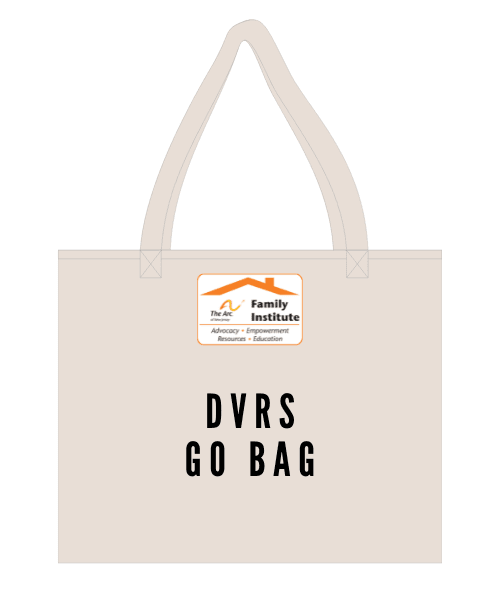
The mission of the New Jersey Division of Vocational Rehabilitation Services (DVRS) is to enable eligible individuals with disabilities to achieve an employment outcome consistent with their strengths, priorities, needs, abilities and capabilities.
What services does DVRS provide?
Any individual with a physical, mental, cognitive, or other form of disability that has a substantial impediment to employment may qualify for the following services through the New Jersey Division of Vocational Rehabilitation Services (DVRS).
- Vocational Counseling and Guidance: Helping the consumer handle the job search issues that affect employability, and job maintenance strategies, as well as developing the overall competencies the consumer needs to be successful in a work environment.
- Placement Services: One-on-one assistance with job search and interviewing skills, development of job leads both with and for the consumer, and providing support during the job search. This could include on-the-job training (OJT), supported employment (SE), or time-limited job coaching (TLJC).
- Job Search Skill Development: Providing guidance in work-search activities such as resume writing, interviewing skills, and job search organization.
- Supported Employment (SE): Through referral to a supported employment provider, one-on-one assistance in job search, interviewing, and applying for jobs, followed by coaching on-the-job to facilitate learning job duties and adjusting to the work environment. SE also includes periodic follow-up to make sure the consumer retains his or her job.
- Time-Limited Job Coaching (TLJC): One-on-one assistance in applying for jobs, followed by coaching on-the-job to facilitate learning job duties and adjusting to the work environment.
- Job Accommodations: Advising an employer how to adapt the worksite's physical environment or add equipment that will allow an individual to do work tasks more independently, effectively, and safely.
- Skills Training: Vocational school, technology or trade school, business school.
- College Training: Two- or four-year programs leading to a degree.
- Physical Restoration: Referring to equipment or therapies that improve physical or cognitive functioning so that a person is able to work. Examples could be physical, occupational, or speech therapy; cognitive therapy that includes those modalities; prosthetics or orthotics such as artificial limbs, braces, special shoes, hearing aids, and eyeglasses (in some instances).
- Diagnostic Evaluations: Used to determine eligibility and includes medical and psychological testing.
- Emotional Restoration Services: Providing short-term individual, group, or other types of counseling to reduce symptoms of mental health problems and improve work tolerance and the ability to get and keep a job.
- Mobility Equipment
- Assistive Technology Evaluations: Assessing an individual's ability to drive, as well as recommending equipment needed to drive safely.
- Driver Training: Helping consumers purchase driver training lessons if the lessons are needed to reach a specific work goal.
- Vehicle Modifications: Car and van modifications can be made for employment-related purposes.
- Home Modifications: Finding home modification services if the modifications are needed to reach a specific work goal.
- Financial Needs Assessments: A financial needs assessment is conducted to determine how much financial participation, if any, the consumer will need to provide toward the cost of services.
DVRS Student Services
Pre-Employment Transition Services (Pre-ETS) can be provided for students with disabilities between the ages of 14-21. PETS consist of the following:
- Job exploration counseling
- Counseling and guidance services on comprehensive transition, vocational training, industry-recognized credential programs, and post-secondary school training
- Work-based learning experiences, internships, and apprenticeships
- Workplace readiness training to develop social skills and independent living skills
- Instruction in self-advocacy
These services are available to all students with disabilities, including students who are home schooled.
- Pre-Employment Transition Services (Pre-ETS) Webinar
- Steps in the DVRS Process for Students who have Disabilities
About DVRS
Fact Sheets
- Understanding The New Jersey Division of Vocational Rehabilitation Services (DVRS) For People with Developmental Disabilities
- DVRS Case Services Policy Manual
- Selecting a Supported Employment Agency: Making Choices, Becoming Empowered
Referrals and Applications
New Jersey Employment Resources for Individuals with Intellectual and Developmental Disabilities
- Project Search - The Project SEARCH High School Transition Program is a unique, business led, one year school-to-work program that takes place entirely at the workplace. Total workplace immersion facilitates a seamless combination of classroom instruction, career exploration, and hands-on training through worksite rotations.
- Project HIRE - The Arc of New Jersey’s Project HIRE is a supported employment program designed to connect people with disabilities to integrated employment opportunities in their community.
- Centers for Independent Living - Among other services, these centers offer information, guidance, and support to people with disabilities who are gearing up for employment-related activities.
- Supported Employment for Individuals with Disabilities in New Jersey
- Job Assistance for People With Disabilities
Workforce Innovation and Opportunity Act (WIOA)
- Workforce Innovation and Opportunity Act (WIOA) - WIOA is landmark legislation that is designed to strengthen and improve our nation's public workforce system and help get Americans, including youth and those with significant barriers to employment, into high-quality jobs and careers and help employers hire and retain skilled workers.
- Workforce Innovation and Opportunity Act (WIOA) The Department of Labor Website
- Workforce Innovation and Opportunity Act Law
